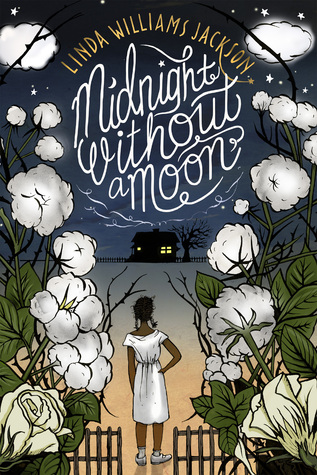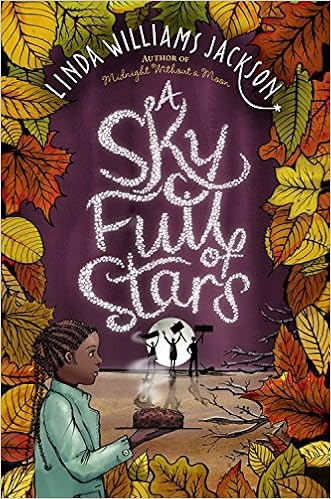Midnight Without a Moon
by Linda Williams Jackson
HMH Books for Young Readers, 2017
review copy provided by the publisher
This was a Gene Yang "Reading Without Walls" book for me. It's a Civil Rights story, but not "just another Civil Rights story." What makes it different is the point of view in the story and the authenticity of the author.
The story is set in rural Mississippi, where a black family and community process the push for voting rights, integrated schools, and Emmett Till's death. What seems obvious and easy from the outside (who wouldn't want the opportunity to vote?) was complicated in ways a white or a northerner couldn't imagine. There is pushback about change from the older members of the community, and intra-racial racism based on the lightness or darkness of skin.
The author was born and still lives in the Mississippi Delta. She gets the characters, setting and language right in a way no one else could.
I've tagged this book YA for language and violence. I think pairing it with The Hate U Give would provide an amazing experience for readers to understand the historical context for the modern story, and would prompt rich conversations between teens of all races. Like The Hate U Give, this is a debut novel.
I was thrilled to see that Midnight Without a Moon is book one in a series! Book two comes out in January of 2018.
A Sky Full of Stars
by Linda Williams Jackson
HMH Books for Young Readers, January, 2018
A Sky Full of Stars
by Linda Williams Jackson
HMH Books for Young Readers, January, 2018







